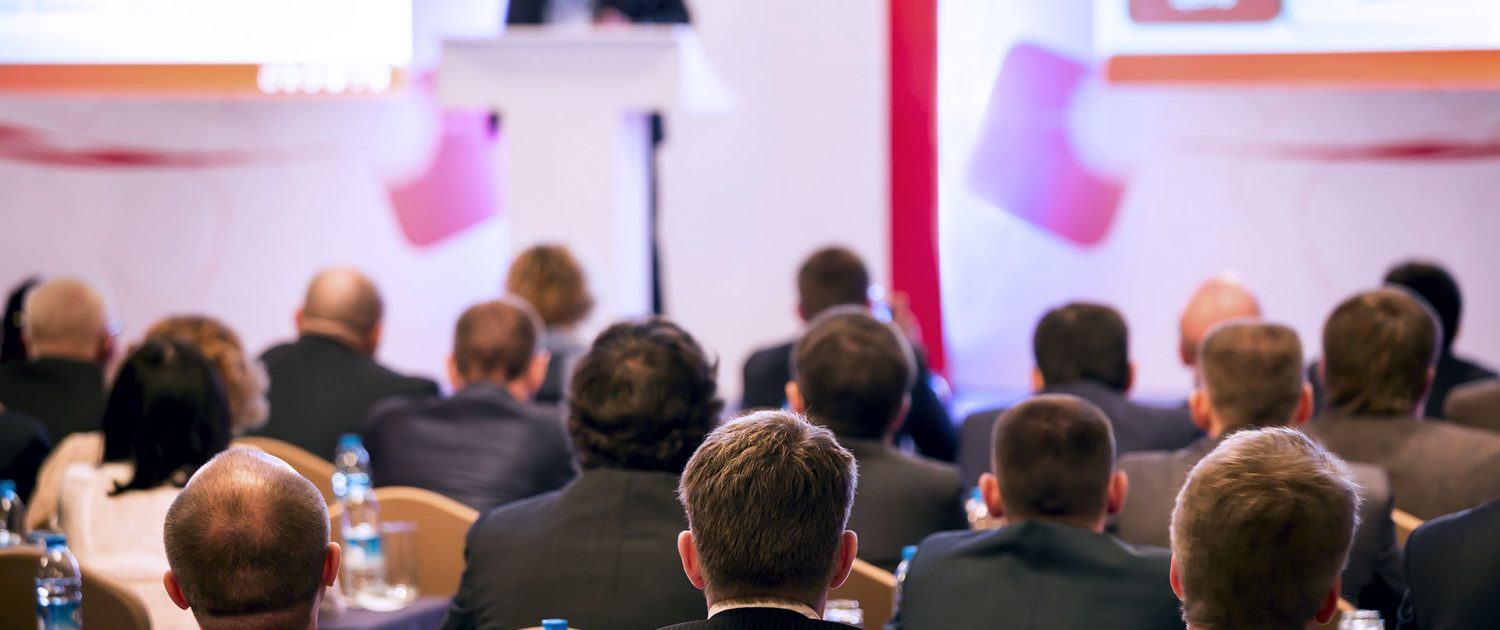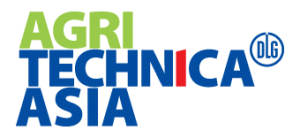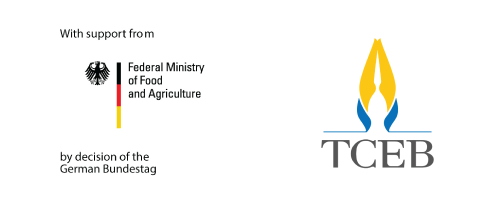Technology in sugarcane cultivation, developments in rice production and trade and investment policies for agricultural machinery – these are the core themes of the DLG conference at AGRITECHNICA ASIA 2017

Agriculture in Asia is the engine for economic growth in the food and energy sector. Growing up to 160 million hectares of rice and 13 million hectares of sugarcane, Asian countries are key players in a competitive global market. But even in this region, the industry faces a number of challenges: rice production is not always adequately mechanised and the efficiency of sugarcane production needs to be increased sustainably to meet global competition. Cropping intensity is increasing – along with all the pitfalls such as threats to natural resources and risks associated with significant capital investment.
How and where can producers find out about the latest developments in machinery, technology and management practices? How can they make informed decisions and meet experts? In March 2017, DLG will be launching the Asian version of AGRITECHNICA – the world’s leading trade fair for agricultural machinery – in Bangkok, Thailand: AGRITECHNICA ASIA. The first agricultural exhibition to provide a showcase for agricultural machinery manufacturers and a meeting place for farming professionals in the Asia-Pacific region. One focus of the exhibition will be agricultural machinery and equipment sales and current trends in this field. This will be accompanied by a comprehensive programme of talks and lectures which aim to inform visitors about the latest developments in cultivation practices, machinery and equipment and give them the knowledge they need to make sound investment decisions. The conferences and specialist forums will address regional challenges and provide solutions and answers to local issues.
Various conferences and seminars offered in partnership with leading institutions and progressive companies will take place during the show from 15 to 17 March 2017.
This programme includes an event on 15 March which looks at innovations in forage harvesting equipment by CLAAS and sugarcane residue management for use as biomass energy. The talk will focus on the technical issues associated with the recovery of harvest residues (cane trash). CLAAS will also address Asia’s very wide-ranging national and regional requirements for forage harvesting machinery.
On 16 March 2017 there will be a unique opportunity to meet rice cultivation specialists from the International Rice Research Institute (IRRI) and the Better Rice Initiative Asia (BRIA, GIZ, Germany). During an all-day conference, professional agronomists from various Asian countries will report on experiences and developments in alternative rice cultivation methods as well as efficient, needs-based fertilisation and crop protection strategies and progressive mechanisation of the rice harvest. The thorny issue of straw management has not been overlooked either. Harvest residues in large parts of the world are burned in the field. This produces significant air pollution, which has been a major problem in many Asian cities in recent months. The marketing, labelling and quality requirements for rice ultimately play a decisive role in the development of sustainable cultivation methods.
The Centre for Sustainable Agricultural Mechanization (CSAM), a regional institution of the United Nations Economic and Social Commission for Asia and the Pacific (UNESCAP), is involved in the sustainable integration of agricultural mechanisation in Asia and the Pacific region. As a platform for political dialogue and technical innovation, the CSAM collects relevant data from research and development to inform policy makers and interested parties. On 17 March 2017, the CSAM will share a platform with DLG at AGRITECHNICA ASIA to present the latest findings about agricultural machinery trade and investment policies in the Asia-Pacific region. Testimonials and insights into the role of government from the perspective of suppliers and consumers will give food for thought.
DLG will also provide opportunities for discussions among the exhibition stands. Exhibitors and institutions will use the thematic forums in the exhibition hall to give short talks about current trends on specific topics associated with technology and crop cultivation. The use of equipment and machinery, cultivation strategies and the management of specific crops can be discussed with visitors and industry professionals at these events.
Whether you are an exhibitor or a visitor, AGRITECHNICA ASIA and the accompanying technical programme provide a fantastic opportunity to find out about ground-breaking developments in crop production in Asia, to make decisions and to find new partners – a unique chance to exchange information and ideas with experts and experienced growers.




